- 62
- 104
Lots of people are making excuses about why Bongs aren't living healthier lives. Long covid, depression, gyms are scary, running is too expensive, healthy food is too expensive.
No wonder the government is vehement about returning to the work place. A fit, healthy and happy populate is hard to brainwash and control
Stupid comment. An unhealthy population is one that cannot work, pay taxes, or grow the economy.

They really don't want to talk about the consequences of long covid.
What consequences 
Only if you let it.
Well sure. Exercise is still possible. But you're not forced into it the way you are with going to work.
In other words, it's a you problem, not a work from home problem.
No?
If you have to walk a mile then you're walking a mile. No getting out of it.
If you don't have to walk a mile then you have to make an active choice to do so. Its extra on top of the bare basics of living your life.
"If you have to walk a mile then you're walking a mile. No getting out of it."
Yeah so you are actively making the choice not to exercise using the time you save when WFH. That is undeniably on you.
"If you don't have to walk a mile then you have to make an active choice to do so."
That is usually how it goes yes, if you want to be healthy then you have to make those choices. If you don't make healthy choices then that is on you, that isn't WFH forcing you out of healthy living.
Another person who doesn't understand basic psychology here. Having to do something tends to make for a habit that is far easier to keep than choosing to do it.
Yes. You could choose to go for a half hour walk in the morning anyway. But do you seriously think everyone will keep that up as well as if they had to do it to get to work?
What do you mean I have to make an effort 
Do you believe the attitude of 'blame everything except myself' is an issue?
There's only so much one's self can do.
One could run for 20 minutes 2 or 3 times a week though right?


Most people don't though.
In my office there are loads of fat people who are eating takeaways multiple nights a week and driving 20 mins to work when they could bike it in 25.
Better on physical and mental health, better on the wallet and better on the environment. I guarantee you people crying on reddit about the same thing will be in the same situation and don't want to improve things themselves.
It just seems so futile and cruel to look at something that clearly affects the majority of people, statistically, and instead of saying "WHY do people not eat better and exercise more--what are the deep underlying reasons that this happens?", just taking an attitude (as many do) of "this is a moral failing and these are less worthy people."
You can say "just eat healthier and exercise" all day long, but the fact is that for most people that won't change a darn thing. So asking questions about why, with compassion and curiosity rather than judgement, is essential to finding out what it is we CAN change.
Honestly, at the very deepest level, the answer is likely to be that we are still animals, beholden to instincts and programming, and humans aren't programmed for the lifestyle of abundance and lack of necessary movement that we have today. People are following deeply ingrained instincts and desires inherited from a time when those made sense. You can't just magic that away by informing people that it's bad. People KNOW that. Some people are better at overcoming it then others, but there are a massive number of factors that are going to make people revert to those instincts because doing what our brains are programmed to want to do feels good. People who are depressed are going to seek what feels good because it staves off the dark feelings a bit. People who are tired are going to seek what feels good because they don't have the energy to hold out. People who have adhd are going to seek what feels good because it compensates for what their brains are not giving them. So on and so on. Looking at it from the perspective of "these people need to shape up and get better habits" is the wrong approach. How do we empower people to overcome these habits ingrained from millennia of evolution is a better question to ask, though it's a really fricking difficult one without simple answers.
If you won't help yourself the don't expect help from others.

Also people are poorer and there us less out there. My local pool have been closed if you enjoy swimming it's 30 min drive to next one now so that is 2 hours out of your day so you don't bother. My local gym went up from £25 to £45 in space of 2 years. Etc. As options are more limited then you bother less and less
A lot of parks have free outdoor gyms, all you really need are pullup bars, dip bars and a set of resitance bands and you can do so many exercises. Here's a map of outdoor calesthenic parks in the UK. Maybe there's one near you.
The weather in the UK is too crap to exercise outdoors
If you're always looking for excuses not to exercise, you'll always find one
Over 10 years of jiujitsu and lifting since I was 21, I’m not making excuses, I’m just not doing chin ups in January in some random park. You do you though.
Sounds like you can afford access to a gym. If you couldn't, would you sit on your fat arse complaining, or make the most of a bad situation?
I’d make excuses, ain’t no way I’m getting mistaken for some guy doing parkour because I’m swinging about on bits of kit in the park.

You can do this at home too. Once it gets warmer then it's no problem.
Working out from home is hard to get motivated and in the summer it’s too ‘ot
Do you have a book of excuses for this, or what?
- 62
- 118
— Fats posting Ls (@FatsPostingLs) January 21, 2023
The comments and quote retweets on this one are just pure unadulterated seethe. Calling the account owner a loser incel, issuing death threats against him, calling for the account to be banned for hatespeech, it's got it all. Some choice screencaps:
Pure wickedness 
So monstrous 
This entire comment chain is pretty fun. Just this chad batting down fat cope.
Bottom dude has something of a point.
I'd say it was a pretty successful attempt 
Well yeah there's definitely a lot more human there in terms of mass 
Sure it is 
Such base cruelty towards the heckin 

Lmao hear that everyone? The  are gonna hunt you down! Be very afraid of their sessile tactics.
are gonna hunt you down! Be very afraid of their sessile tactics.
The crime of eating for several entire African villages.
Muh Communiteh 


P. S. Uploading this many images is way too much effort. If this chick puts in half as much effort into exercise she might not die alone.
- 61
- 70
- 61
- 71
apparently i am the sole owner of this hole, no clue why or how. if u can put it to good use leave a comment and ill make u a hole mod so I dont have to be responsible for anything
- 61
- 78
Victoria's Secret CEO Amy Hauk has abruptly resigned after less than a year on the job, according to CNN.
Shares dropped by 8% in the hours after the official resignation that will be finalized in March 2023, as Hauk will also step down as CEO of the company's teen-oriented brand, Pink, of which she has been the CEO of since 2018 as well, according to Victoria's Secret's website.
The company has suffered a public relations black eye since its founder, Leslie Wexner, was found to have ties to Jeffrey Epstein.
Many of the company's recent brand decisions were far cries from the traditional image Victoria's Secret previously held with consumers, perhaps most notably ending its Victoria's Secret "Angels" brand, opting for a more inclusive advertising approach.
In February 2022, the company hired its first plus-size model, a TikTok influencer, as it expanded the sizes of its garments. Hauk called the move empowering and remarked that she thought the model pushed boundaries.
"We're always striving to improve as a brand and ensure our customers feel empowered and confident in our products," the CEO stated.
In April 2022, Hauk hired the first the male model in Victoria's Secret history, a move that was intended to promote mental health and empower young adults.
At the time, Hauk said that the male model served as "a positive role model for teens and young adults" amid declining sales of 28% when the move was made.
Also in April 2022, Hauk promoted a sustainability initiative at the company, specifically designed to appeal to Gen Z customers, even creating a new word to promote their cause: "What I learned when joining the brand in 2018 is that our customers, specifically Gen Z, are so passionate about caring for the planet," Hauk remarked. "Knowing this, we've coined the term 'cause-merce' because PINK strives to do so much more than just sell product; we're combining commerce and causes so that our customers know that in supporting PINK, they are also supporting the causes they care about," she concluded.
According to CNN, sales have been fluctuating since the start of COVID, but are projected to see a drop of upwards of 7% in 2023.
- 61
- 81
A consumer-generated image of a plus-sized woman posted to Abercrombie & Fitch's social media account ignited a debate on whether the retail company was "normalizing" obesity and unhealthy eating habits in the name of body diversity and inclusion.
The image was initially posted last week on the company's official Instagram account and went viral over the weekend, with Twitter commenters offering overwhelmingly negative reactions.
"New Abercrombie & Fitch ad just dropped.... This season they are featuring diabetes and heart attacks," tweeted Natalie Danelishen.
"She has a pretty face, too bad society told her not only was it healthy to look like this but it was also brave and empowering," wrote another Twitter user.
The company said the image was not an ad.
"Abercrombie is often tagged by our customers on social media and we love to celebrate them by reposting their images to our channels," a company spokesperson told The Post on Monday. "This is one of those occasions."
Some Twitter users defended the posting, with one commenting: “Making clothes for people who are obese is a bad thing now?”
“No,” responded one Twitter user. “But Selling obesity as sexy/ attractive is counterproductive to the medical advisors selling obesity as extremely unhealthy.”
“And if it’s not unhealthy why don’t McDonalds, KFC etc use obese people in ads? Probably because it’s not attractive enough to be assoc. w/food.”
One Twitter user accused Abercrombie of promoting health maladies.
Fashion retailers such as Abercrombie and Victoria's Secret have sought to appeal to a mass audience by eschewing advertising campaigns that have traditionally and exclusively featured thin models in favor of promotional content that touts body diversity and "body positivity."
The use of skinny models by the fashion industry sparked accusations that it was encouraging young girls and women to adopt unhealthy eating habits in pursuit of an unrealistic body type.
But critics now say that the industry is swinging too far in the other direction by featuring plus-size models.
In 2003, Abercrombie was sued by 250,000 employees who allege they were discriminated against by being forced to work in stock rooms out of view of the public while sales jobs went to those who had the "look" prized by the company.
The company, which has traditionally marketed to predominantly white college-age kids, agreed to pay $40 million to settle the class-action lawsuit.
The United States has among the highest obesity rates in the developed world. Excess weight is though to be a leading contributor to health maladies including heart disease, stroke, high blood pressure, and diabetes.
Earlier this month, Bill Maher devoted a segment of his popular weekly HBO talk show "Real Time with Bill Maher" to what he called America's transition from "fat acceptance" to "fat celebration."
https://twitter.com/billmaher/status/1555772246278299649
Maher said it was “disturbing” and “Orwellian” for people to disregard obesity as a health hazard.
He accused American thought leaders of “rewriting science to fit ideology to just fit what you want reality to be.”
“We’ve gone from fat acceptance to fat celebration. That’s new. That is new,” Maher said on his Aug. 5 broadcast.
“To view letting yourself go as a point of pride? We used to at least try and be fit and healthy and society praised those who succeeded.”
- 60
- 62
Apologies for the lateness of the tread, this one will be focused on calisthenics. What body-weight exercises does everyone like, dislike, have tips on, or wants to do?
I’m building up flexibility for pistol squats but am getting stuck
Tagging @Aevann for visibility
- 59
- 136
- 59
- 139
Why is this such a popular topic on this sub? Are there really so many losers out there who want to spend their time complaining about fat people? Get a life.
So here's the thing: the world doesn't revolve around you, and humanity has no obligation to change themselves for you.
A lot of weight stuff is genetic, and a lot of fat people are healthier than you or I are. You don't want to frick fat people? Totally fine, but judging folks for it is the real clown world. I'm sure fat people wouldn't touch you, either. Being judgemental about people is less attractive than being fat.
Source: mesomorph who understands variation and biology.
The way you singled out women as if men can't get fat.
We get it, you hate fat people. It's not a groundbreaking opinion because a lot of people hate fat people.
The body acceptance movement was made to tell people to just shut the frick up about the bodies of others.
It's telling that you're only mentioning fat women lol
Not an unpopular opinion. But… there might be a high correlation between men who judge every woman on their size/unsightliness and the men whining about being single and not finding dates.
Why is this aimed at just women? lmao EDIT: y'all I know why, just pointing out how shitty some of y'all talk about women, thanks for the point proven even though it was really directed at OP lol!
Yeah I think the body positivity movement is toxic af. I like body neutrality. Like “yes this is my body and I'm allowed to love myself, I should also strive to have a healthy body.”
That being said people do in fact have conditions that make fat loss harder. Not impossible but hard for sure.
- 59
- 78
- 59
- 117
Been enjoying this podcast. Great takes from:
— RichardRatBoy (@RichardRatBoy1) April 26, 2023
-Ashley
-Rachel
-Gorlock the Destroyer
-Tiffany pic.twitter.com/sOpMM3Ou92
- 59
- 60
Sharon Maxwell spent much of her life trying to make herself small. Her family put her on her first diet when she was 10. Early on Saturday mornings, she and her mother would drive through the empty suburban streets of Hammond, Ind., to attend Weight Watchers meetings. Maxwell did her best at that age to track her meals and log her points, but the scale wasn’t going down fast enough. So she decided to barely eat anything on Fridays and take laxatives that she found in the medicine cabinet.
Food had long been a fraught subject in the Maxwell household. Her parents were also bigger-bodied and dieted frequently. They belonged to a fundamentalist Baptist megachurch where gluttony was seen as a sin. To eat at home was to navigate a labyrinth of rules and restrictions. Maxwell watched one time as her mother lost 74 pounds in six months by consuming little more than carrot juice (her skin temporarily turned orange). Sometimes her father, seized with a new diet idea, abruptly ransacked shelves in the kitchen, sweeping newly forbidden foods into the trash. Maxwell was constantly worried about eating too much. She started to eat alone and in secret. She took to chewing morsels and spitting them out. She hid food behind books, in her pockets, under mattresses and between clothes folded neatly in drawers.
Through Maxwell’s teenage years and early 20s, eating became even more stressful. Her thoughts constantly orbited around food: what she was eating or not eating, the calories she was burning or not burning, the size of her body and, especially, what people thought of it. Her appearance was often a topic of public interest. When she went grocery shopping for her family, other customers commented on the items in her cart. “Honey, are you sure you want to eat that?” one person said. Other shoppers offered unsolicited advice about diets. Strangers congratulated her when her cart was filled with vegetables.
As she grew older, people at the gym clapped and cheered for her while she worked out. “People would say: ‘Go! You can lose the weight!’” she says. While eating in public, other diners offered feedback — and still do to this day — on her choices, a few even asking if she wanted to join their gym. Some would call her names: Pig, Fatty. Sometimes people told her she was brave for wearing shorts, while others said she should cover up. She was always aware, whether she wanted to be or not, of how others viewed her body.
Maxwell tried just about every diet she could find: juice cleanses, Atkins, SlimFast, South Beach, Mediterranean, Whole30 and Ezekiel, a regimen based on biblical references. She tried being vegetarian and vegan and paleo. She tried consuming less than 500 calories a day and taking HCG, a fertility hormone rumored to suppress appetite but flagged by the F.D.A. as risky and unproven for weight loss. During periods of religious fasting at her church, she would take the practice to an extreme, consuming nothing but water for days (and on one occasion, two weeks). “I passed out a few times, but I did it,” she says. Sometimes she exercised more than three hours a day in high-intensity interval-training sessions and kickboxing classes. Eventually, she started vomiting up her food.
Every day, Maxwell stepped on the scale and internalized the number as a reflection of her self-worth. Often, the number on the scale went down. But if she let up on her rigid food rules even briefly, the number shot back up like a coiled spring. “I just cycled through that,” she says, “but it became harder and harder each time to get the weight off.”
During the many years of dieting and deprivation, Maxwell experienced mysterious health problems. For a decade, starting when she was 16, she almost never had her period. She was always cold. She often had dizzy spells and occasionally passed out in class. When she was in college, she fainted three times in one day and was taken to the emergency room. For an appointment with an endocrinologist one year, Maxwell took a purse full of small plastic bags. Each one contained a day’s worth of hair, clumps that accumulated in her brush or had fallen in the shower drain. Her head was pocked with bald spots. The doctor was pleased with her weight loss and, to her memory, didn’t seem too concerned about her other symptoms. “Anything that made the scale go down,” Maxwell says, “I was given a pat on the back.”
Four years ago, at the age of 25, Maxwell walked into her primary-care doctor’s office near Scottsdale, Ariz., where she lived and worked as a middle school teacher. She was there for an annual physical, and she was prepared to be told to lose weight, as she had almost always been instructed. But this time, the doctor, an osteopath, started asking unusual questions. Maxwell’s blood work showed abnormally low iron and electrolyte levels. The doctor asked Maxwell what she was eating and what she was doing in relationship to food. Was she starving herself? Was she vomiting on purpose? Maxwell was surprised by this line of questioning. “These are things I had hidden my whole life from my family, my friends, doctors,” she says.
The osteopath told her she thought Maxwell had an eating disorder and suggested arranging treatment right away. Maxwell would later be diagnosed with atypical anorexia nervosa, an increasingly common yet little known eating disorder that shares all the same symptoms as anorexia nervosa, except for extreme thinness. Just as many people, and possibly many more, suffer from atypical anorexia.
At the physical, Maxwell stared at her doctor in disbelief. She always thought that eating disorders were for skinny people. “I laughed,” she says. “I don’t use language like this any longer, but I told her she was crazy. I told her, ‘No, I have a self-control problem.’”
For centuries, the eating disorder that would become known as anorexia nervosa mystified the medical community, which struggled to understand, or even define, an illness that caused people to deliberately deprive themselves of food. As cases rose over the course of the 19th and 20th centuries, anorexia was considered a purely psychological disorder akin to hysteria. Sir William Withey Gull, an English physician who coined the term “anorexia nervosa” in the late 1800s, called it a perversion of the ego. In 1919, after an autopsy revealed an atrophied pituitary gland, anorexia was thought to be an endocrinological disease. That theory was later debunked, and in the mid-20th century, psychoanalytic explanations arose, pointing to sexual and developmental dysfunction and, later, unhealthy family dynamics. More recently, the medical field has come to believe that anorexia can be the product of a constellation of psychological, social, genetic, neurological and biological factors.
Since anorexia nervosa became the first eating-related disorder listed in the Diagnostic and Statistical Manual of Mental Disorders in 1952, its criteria have shifted as well. Initially, anorexia had no weight criteria and was classified as a psychophysiological disorder. In a 1972 paper, a team led by the prominent psychiatrist John Feighner suggested using a weight loss of at least 25 percent as a standard for research purposes, and in 1980, the D.S.M. introduced that figure in its definition (along with a criterion that patients weigh well below “normal” for their age and height, although normal was not defined). Doctors who relied on that number soon found that patients who had lost at least 25 percent of their body weight were already severely sick, so in 1987, the diagnosis was revised to include those who weighed less than 85 percent of their “normal” body weight (what qualified as normal was left to physicians to decide). In the 2013 D.S.M., the criteria shifted again, characterizing those who suffer from anorexia as having a “significantly low weight,” a description that would also appear in the 2022 edition.
In that 2013 edition, a new diagnosis appeared — atypical anorexia nervosa — after health care providers noticed more patients showing up for treatment with all the symptoms of anorexia nervosa except one: a significantly low weight. Those with atypical anorexia, doctors observed, suffer the same mental and physical symptoms as people with anorexia nervosa, even life-threatening heart issues and electrolyte imbalances. They restrict calories intensively; obsess about food, eating and body image; and view their weight as inextricably linked to their value. They often skip meals, eat in secret, adhere to intricate rules about what foods they allow themselves to consume and create unusual habits like chewing and spitting out food. Others exercise to the point of exhaustion, abuse laxatives or purge their meals. But unlike those diagnosed with anorexia, people with atypical anorexia can lose significant amounts of weight but still have a medium or large body size. Others, because of their body’s metabolism, hardly lose any weight at all. To the outside world, they appear “overweight.”
Starting in the mid-2000s, the number of people seeking treatment for the disorder rose sharply. Whether more people are developing atypical anorexia or seeking treatment — or more doctors are recognizing it — is unknown, but this group now comprises up to half of all patients hospitalized in eating-disorder programs. Studies suggest that the same number of people, even as many as three times as many, will develop atypical anorexia as traditional anorexia in their lifetimes. One high estimate suggests that as much as 4.9 percent of the female population will have the disorder. For boys, the number is lower — one estimate was 1.2 percent. For men, it is likely even lower, though little research exists. For nonbinary people, the number jumps to as high as 7.5 percent.
Across the board, the pandemic exacerbated eating disorders, including typical and atypical anorexia, through increased isolation, heightened anxiety and disrupted routines. Hospitals and outpatient clinics in the United States and abroad reported the number of consultations and admissions doubling and tripling during Covid lockdowns, and many providers are still overbooked. “Almost all of my colleagues, we’re at capacity,” says Shira Rosenbluth, an eating-disorder therapist who specializes in size- and gender-diverse clients. They are seeing clients who practice more extreme food restriction and experience more intense distress around body image and eating habits. “The demand has increased, the level of severity has increased,” Rosenbluth says. “We’ve never seen waiting lists like this for treatment centers.”
Despite its prevalence, atypical anorexia is still considered widely underdiagnosed and under-researched, and many primary-care doctors have never heard of it. “Some people being at a standard body weight or overweight can be perplexing to the untrained eye,” says Karlee McGlone, senior manager of admissions and outreach for U.C. San Diego Health Eating Disorders Center. “It is still a surprise for nonspecialized clinicians.”
Patients, too, are in the dark about atypical anorexia. “Most people in higher-weight bodies are shocked to hear that they have anorexia,” says Rachel Millner, a psychologist based in Pennsylvania who specializes in eating disorders among people with larger bodies. “Nobody ever told them that you can be in a higher-weight body and have anorexia, and they’re convinced that their problem is their weight.”
In 2020, Erin Harrop, an assistant professor of social work at the University of Denver, completed a survey of 39 people with atypical anorexia, most of whom were obese, and found that participants endured the disorder for an average of 11.6 years before seeking help. They lost an average of 64 pounds, and a quarter of the group had yet to receive treatment. (By comparison, the treatment delays for anorexia are, on average, 2.5 years; for bulimia, 4.4 years; and for binge-eating disorder, 5.6 years, according to a 2021 review.)
To make it easier for people with atypical anorexia to be screened, treated and insured, there’s a growing movement in the field to collapse the categories of anorexia and atypical anorexia into one — to no longer see them as separate illnesses, to decouple anorexia from its virtually synonymous association with thinness. “For years, we have thought about anorexia nervosa in one way,” says Carolyn Costin, an eating-disorder therapist who founded an eating-disorder treatment center and is a co-author of “8 Keys to Recovery From an Eating Disorder.” “But the way people think about it and how they want to define it is changing. It would be a paradigm shift within the field.”
Many, however, are fiercely resistant to letting go of the metric of weight. It would require altering the organizing principle by which the public and the greater medical field conceive of the condition. It would also require recognizing that anyone, in any body, can starve themselves into poor health — and you’d never know it by looking at them.
It took Maxwell a long time to process that she had an eating disorder. She had been so steeped in the gospel of dieting that it was hard to accept that restricting her food was not unequivocally healthy. But as her doctor instructed, she began making visits to the hospital for intravenous fluids and started taking iron supplements. At night, she began attending outpatient sessions at Liberation Center, a now-shuttered facility in Phoenix, where she ate dinner with other clients and attended group therapy. The staff at Liberation told her she needed more intensive treatment and recommended attending a residential program.
In the summer of 2018, after teaching through the rest of the school year, Maxwell agreed to go to a center in Monterey, Calif., that was covered by her insurance. A day after she arrived, however, her insurance rescinded approval: Because of her weight, the company didn’t believe she was sick enough to meet the criteria for residential care for eating disorders. She was at once ashamed and incensed. Her aunt drove five hours to pick her up, and she spent much of the next 10 days on the phone with the insurance company.
Her insurance eventually authorized her to go to another facility, the Center for Discovery Rancho Palos Verdes, which sits on the Southern California coast. Maxwell’s three-month stay would consist of group meals, outings to restaurants to practice dining in public settings, yoga and therapy. “I went with the expectation that as soon as I walked in the door, they would be the people who would help me finally become thin once and for all,” she says. Instead, on her first day, a dietitian at the center explained that she would need to eat three balanced meals and three snacks a day to recover. Her treatment plan also required that she abstain from almost all forms of exercise so her system could recalibrate. Maxwell panicked. She had never consistently eaten that much in her entire adult life, and she still felt that her body was a problem to be fixed.
Maxwell already harbored a deep mistrust of the mental-health profession. When she was growing up, she remembers a pastor at her church preaching that psychiatry was the work of the devil. The message seemed to be that anxiety was sinful, a sign of faithlessness. Maxwell had left her church two years earlier, but its lessons were still lodged deeply in her mind. She couldn’t abandon her long-held belief, one that her doctors reinforced for much of her life, that thinness was the primary measure of health.
Maxwell forced herself to go along with each step of the treatment program. She tried to eat three meals and three snacks a day, even though it caused her excruciating fear. For years, her thinking had revolved tightly around food and exercise; and during twice-weekly individual therapy sessions and daily group therapy, she tried to learn how to redirect these thoughts. She started to talk about the self-judgment, shame and childhood trauma that led to rigid behaviors and an overreliance on control, both central features of restrictive eating disorders.
About five or six weeks into treatment, it dawned on her just how much damage she had done to herself. Her esophagus burned from years of purging. She experienced heart palpitations and was often dizzy from orthostatic hypotension (a type of low blood pressure that leads to dizziness and fainting), and her hair and nails were thin and brittle from malnutrition. “I started to realize, holy shit, this is real,” she says. “I started to see what it had done to my body, the magnitude of it.”
Over the ensuing weeks, Maxwell began eating enough food that the staff allowed her to go on walks and swim, not to burn calories but as a part of learning how to live a balanced life. Her physical symptoms started to ease. Her vital signs and blood work improved. She felt less dizzy, her heartbeat more regular. She got her period back for the first time in a decade. And perhaps most surprising, she was not gaining weight despite eating more food.
To help her overcome her self-judgment, a nurse suggested that she look in the mirror and express what she liked about her body. At first, Maxwell couldn’t think of what to say. She could hardly make eye contact with her own reflection. But eventually she thought of something. “I’m grateful for my curly hair,” she said, looking at the nurse in the mirror.
When a human body is starved for long enough, it undergoes a complex series of biological, metabolic and hormonal changes to ensure its own survival. Every system moves to conserve energy, and the body begins to mine muscle and fat for glucose to keep the heart running and the brain functioning. The metabolism slows, which is why some people can eat very little and hardly lose any weight. Digestion simmers down, sometimes causing gastrointestinal trouble, and body temperature plummets while blood flow decreases. Many people who chronically undereat shiver with cold, their hands and feet feeling especially icy. If malnutrition worsens, their hair becomes fragile and falls out and muscle mass dwindles, including within the heart.
People with severe anorexia of any kind can have orthostatic hypotension, heart rates lower than 60 beats per minute and electrolyte imbalances that may cause arrhythmias or even lead to cardiac arrest. Eventually a malnourished body can shut down the production of s*x hormones. From what little research on atypical anorexia exists, the medical complications appear to be the same as anorexia and occur in similar rates across body sizes, with the exceptions of bone density loss and low blood sugar, which are worse in those who are emaciated. Recent research has found that body size is a less relevant indicator of the severity of both eating disorders than other factors, including the percentage of body mass lost, the speed of that loss and the duration of the malnourished state.
Among scientists, there is consensus that atypical anorexia and anorexia share the same medical and nutritional issues, but one of the big remaining questions is whether the psychopathology is the same (some clinicians believe that it is, but minimal research exists to confirm this). In the slim populations they have studied, psychologists have observed a grim momentum to the illness: Sufferers lose just a few pounds and then, all of the sudden, they compulsively want to lose more, as if a mental switch flips. Genetic predispositions may explain why some people lose weight and their minds tip into disordered eating while others do not. Immediate female family members of a patient with anorexia nervosa are 11 times as likely to develop it as females in the general population, according to one study.
Side note: fittingly, the file name given by the NYT for the first picture is 23mag-anorexia-superJumbo.jpg.webp 
- 58
- 78
Happy National Lingerie Day you sexy bunch 😍 make sure you wear lingerie that empowers your natural self 🩷❤️🧡
— Ginny Namjoon (@gg_namjoon) April 25, 2023
I’m wearing the Elementary Bodysuit by @dearscantilly and @curvykate code BRAMOANA gets you 10% off. Treat yourself. #nationallingerieday #lingerie #feelsexy pic.twitter.com/NM4bXy2St5
https://twitter.com/gg_namjoon/status/1650813276534591489
https://twitter.com/boo_brown/status/1650924218865819649
https://twitter.com/LynneADHDMe/status/1650925231609880578
Not fat but wtf: https://twitter.com/YummyHoneyModel/status/1650895930164387840
- ULTRA-NIGMATIC-MEGA-HOMO : Warning disgusting fat gussy inside
- 58
- 111
Wtf I opened tiktok after presents and this was the first thing I saw. Of course my autism drove me to look at their twitter 


And yes, there are videos  https://twitter.com/digsandzaza
https://twitter.com/digsandzaza
- 57
- 93
Thread complaining about rDrama and le dox:
Her profile:
https://old.reddit.com/user/mizmoose
Her Instagram with the exact same username, and photos:
https://instagram.com/mizmoose
Does she have any idea how Internet privacy works? Find out on next week's episode of Dramaball Z!
- YALLAHblessYoTraplord : Mandatory viewing in order to combat fatphobia.
- 57
- 113
- 57
- 99
someone give me the odds this person has a bmi under 30


Can confirm. I recently sat next to a thin person and he manspread into my legroom the entire flight.
that's a lot of copium 
- 57
- 58
This dude is one fat leftoid (but I repeat myself).
I'll be posting the funniest parts of his comics here, feel free to join in or w/e.





 drops a truth bomb
drops a truth bomb  about toddler privilege.
about toddler privilege. 






 Fatties make excuses
Fatties make excuses 









](/images/16746492848539863.webp)
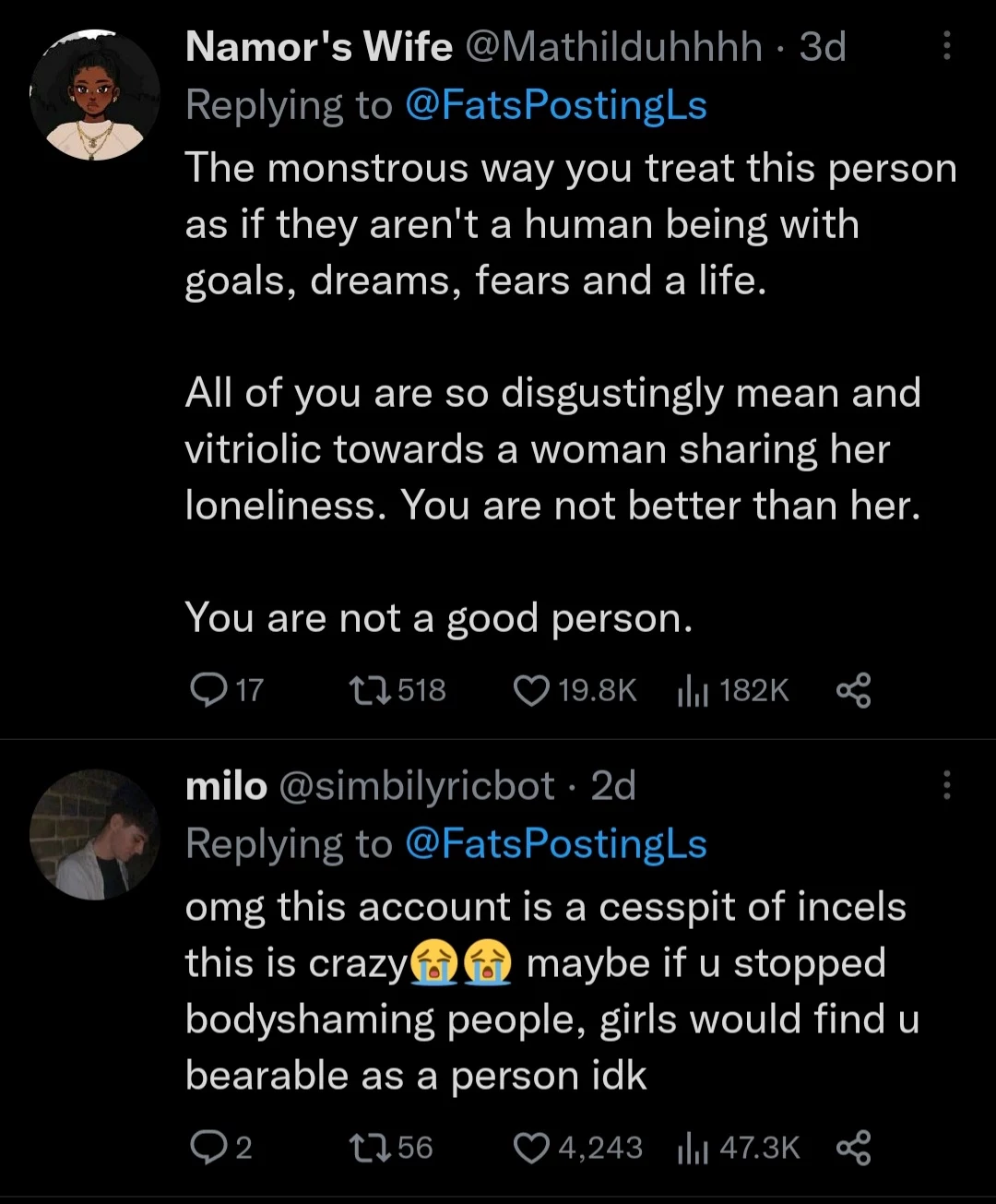](/images/16746492855581474.webp)
](/images/1674649286072404.webp)
](/images/1674649286657287.webp)
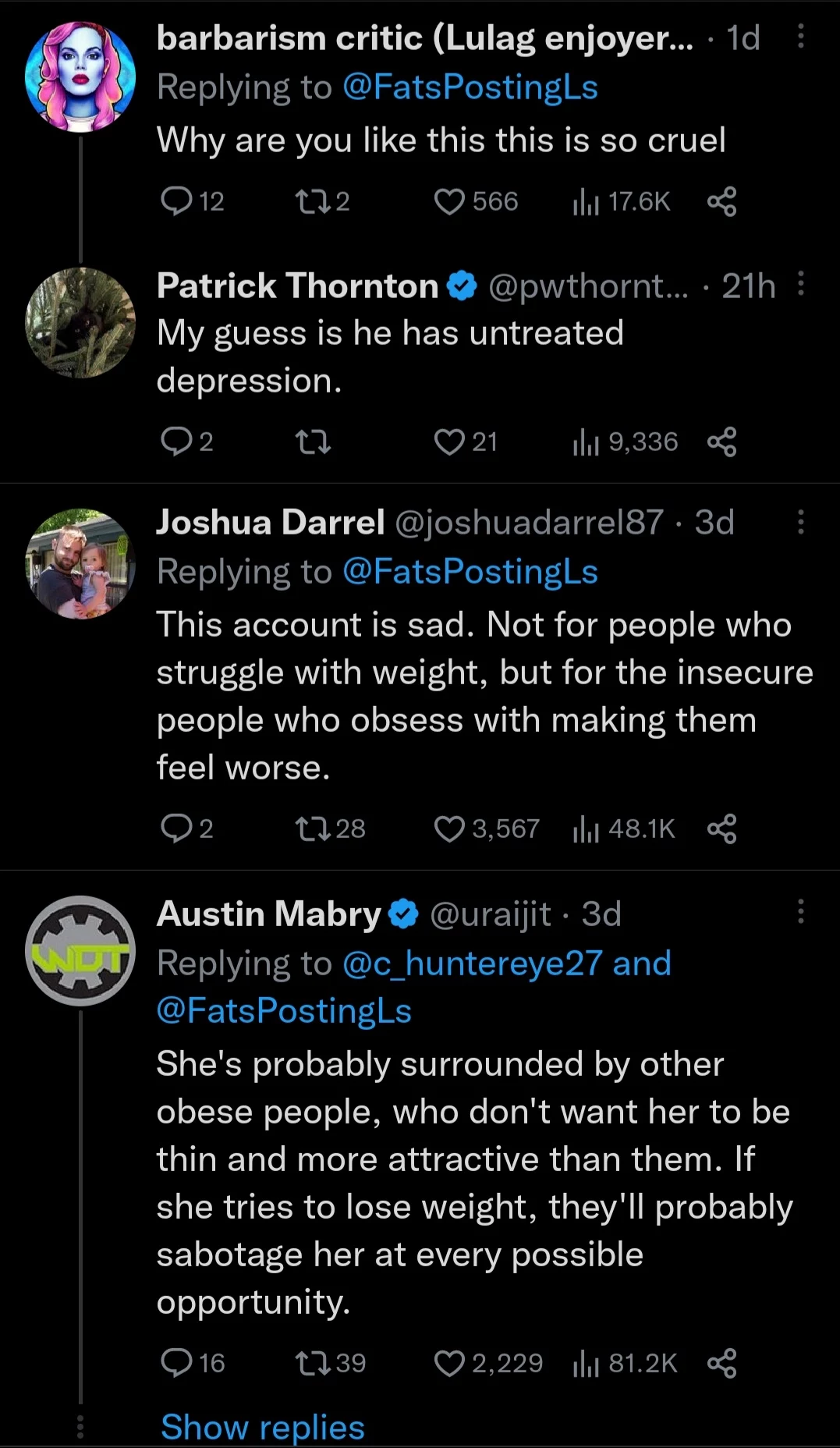](/images/1674649319873932.webp)
](/images/16746493206317585.webp)
](/images/1674649320848349.webp)
](/images/16746493210603416.webp)
](/images/16746493497330065.webp)
](/images/16746493504997613.webp)
](/images/16746493508649879.webp)
](/images/16746493549129007.webp)
](/images/16746493708328001.webp)
](/images/16746493692856135.webp)
](/images/16746493700021284.webp)
](/images/1674649368631348.webp)
](/images/167464938650935.webp)
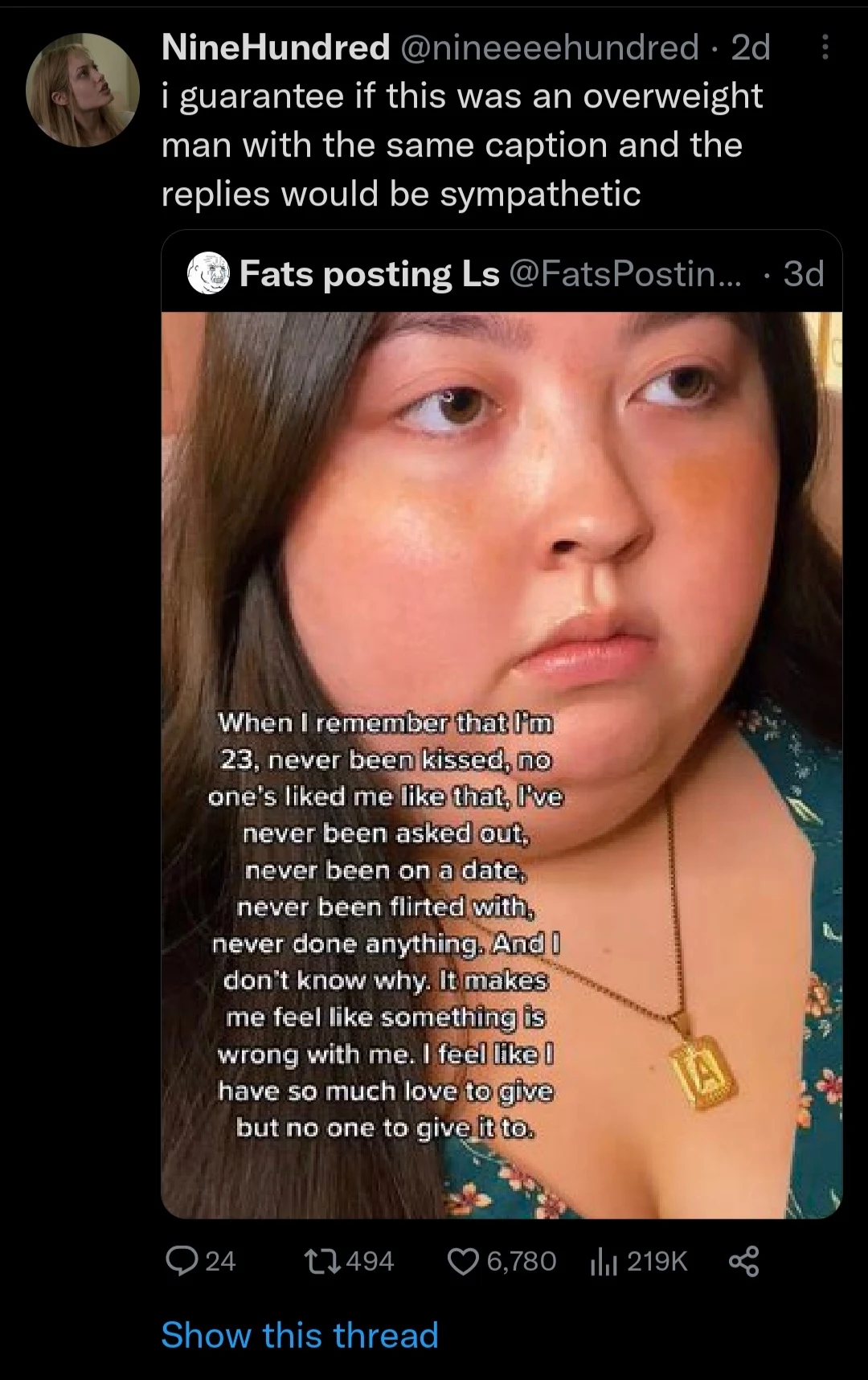](/images/1674649387257477.webp)












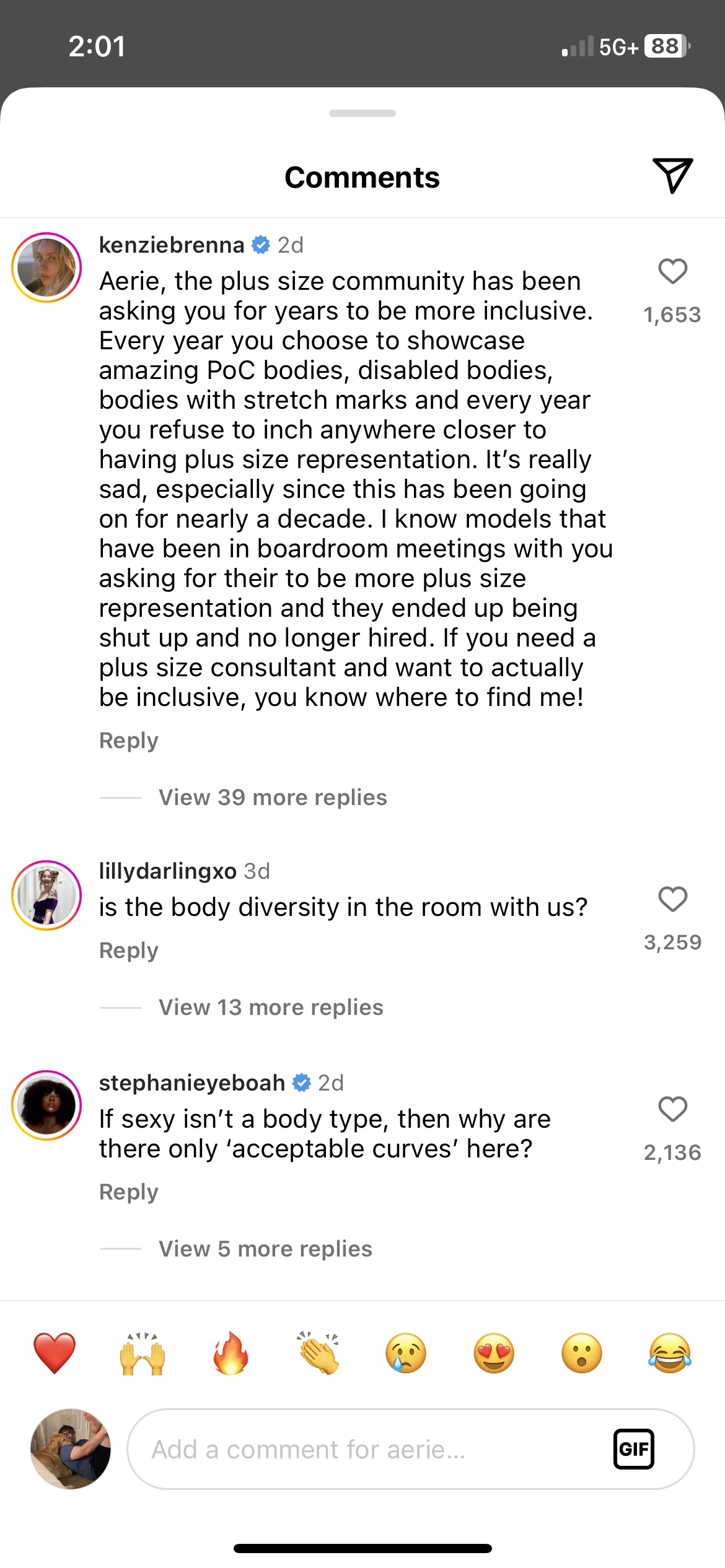
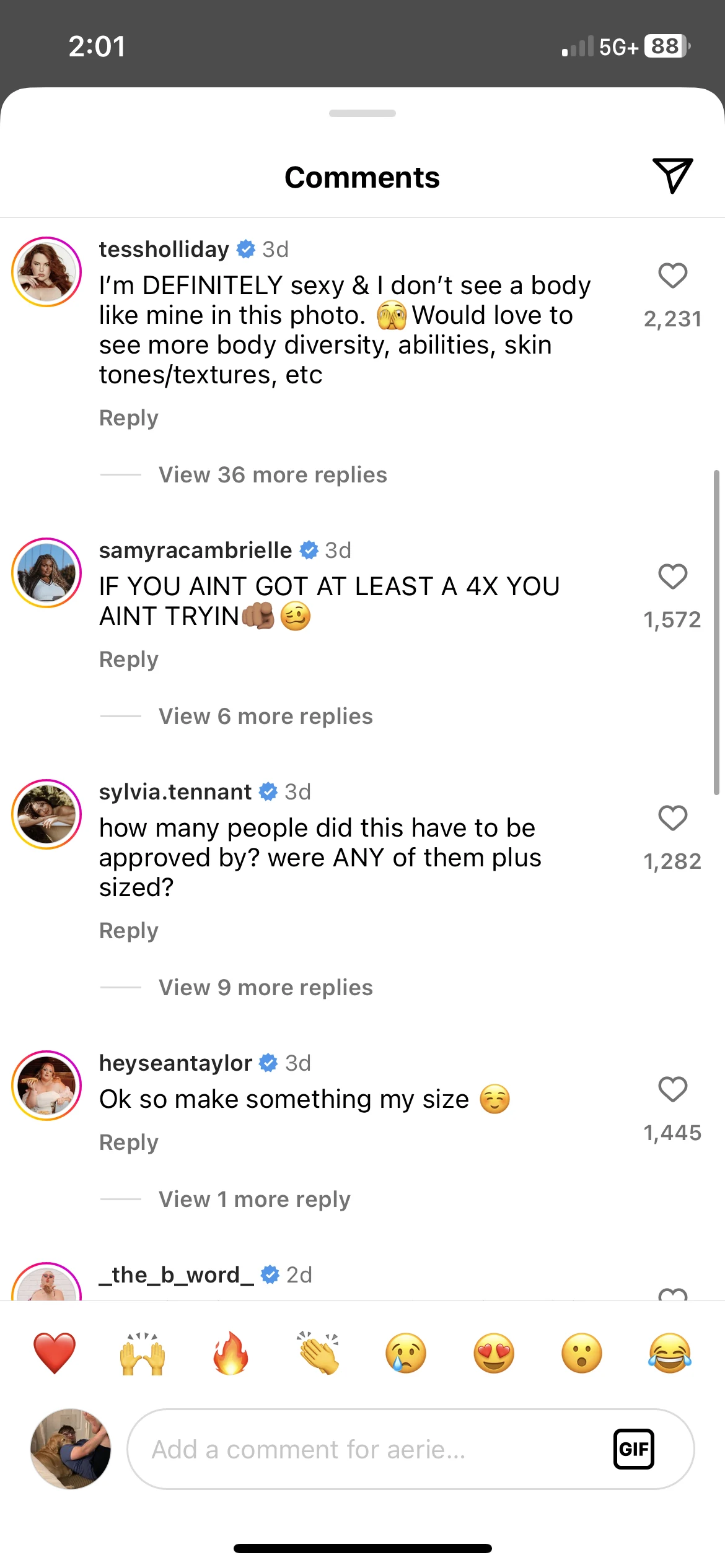

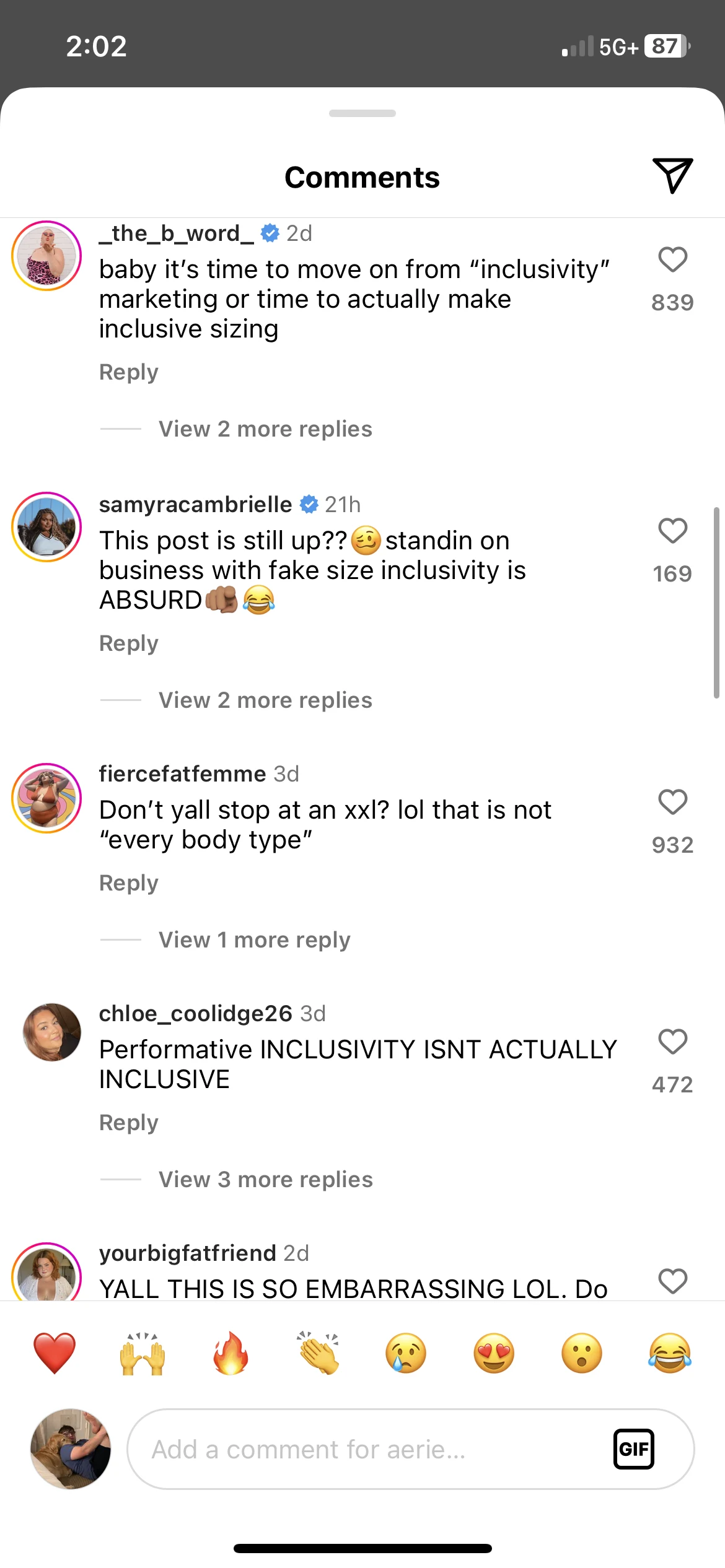
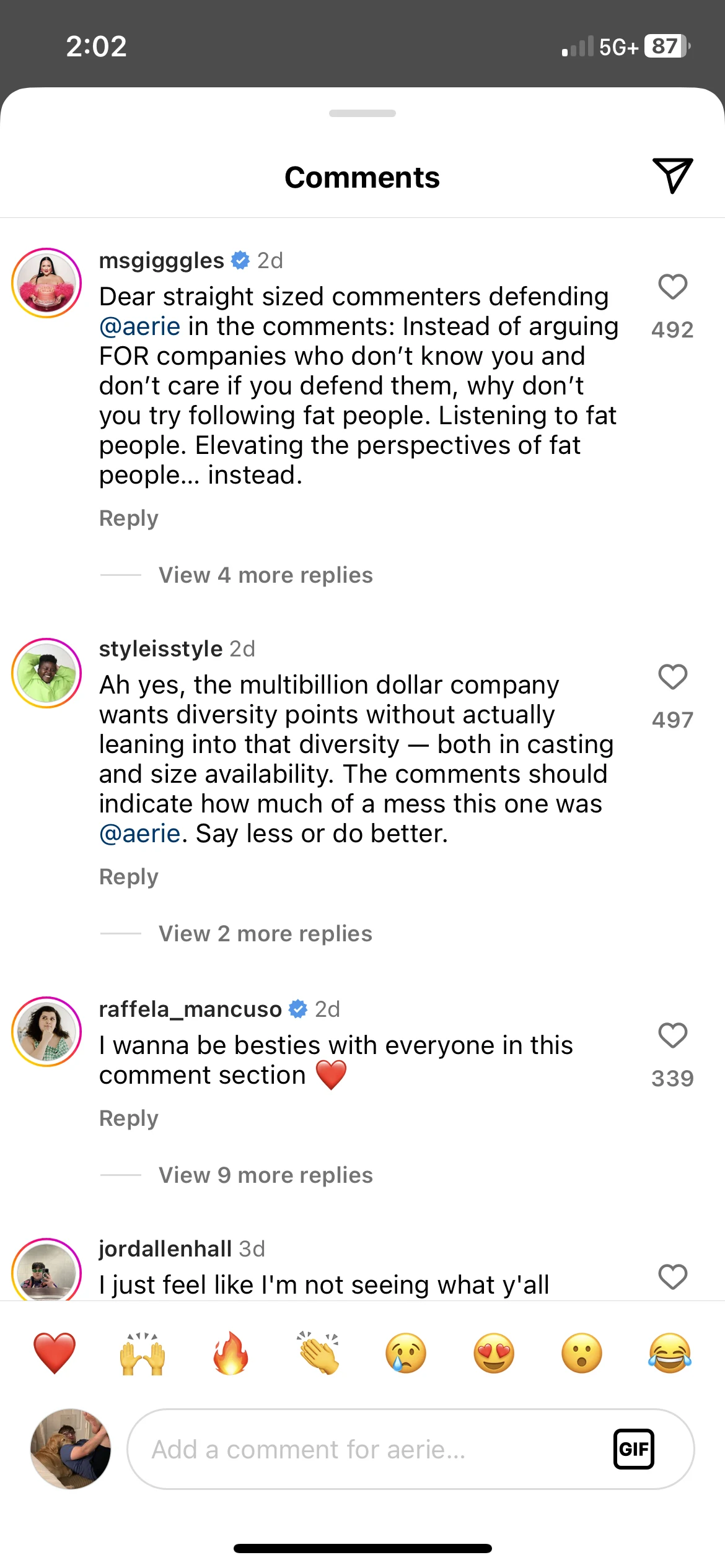











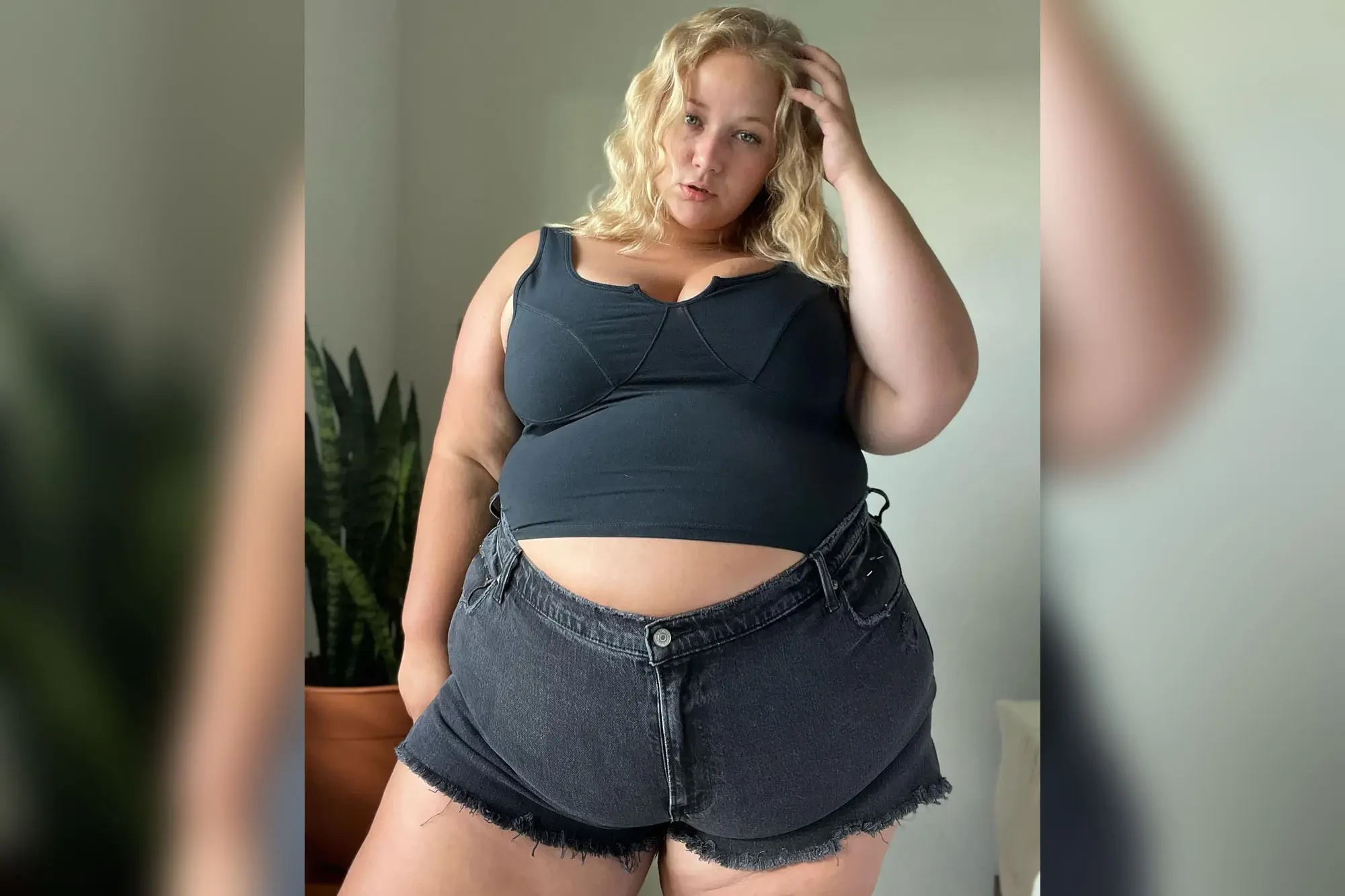
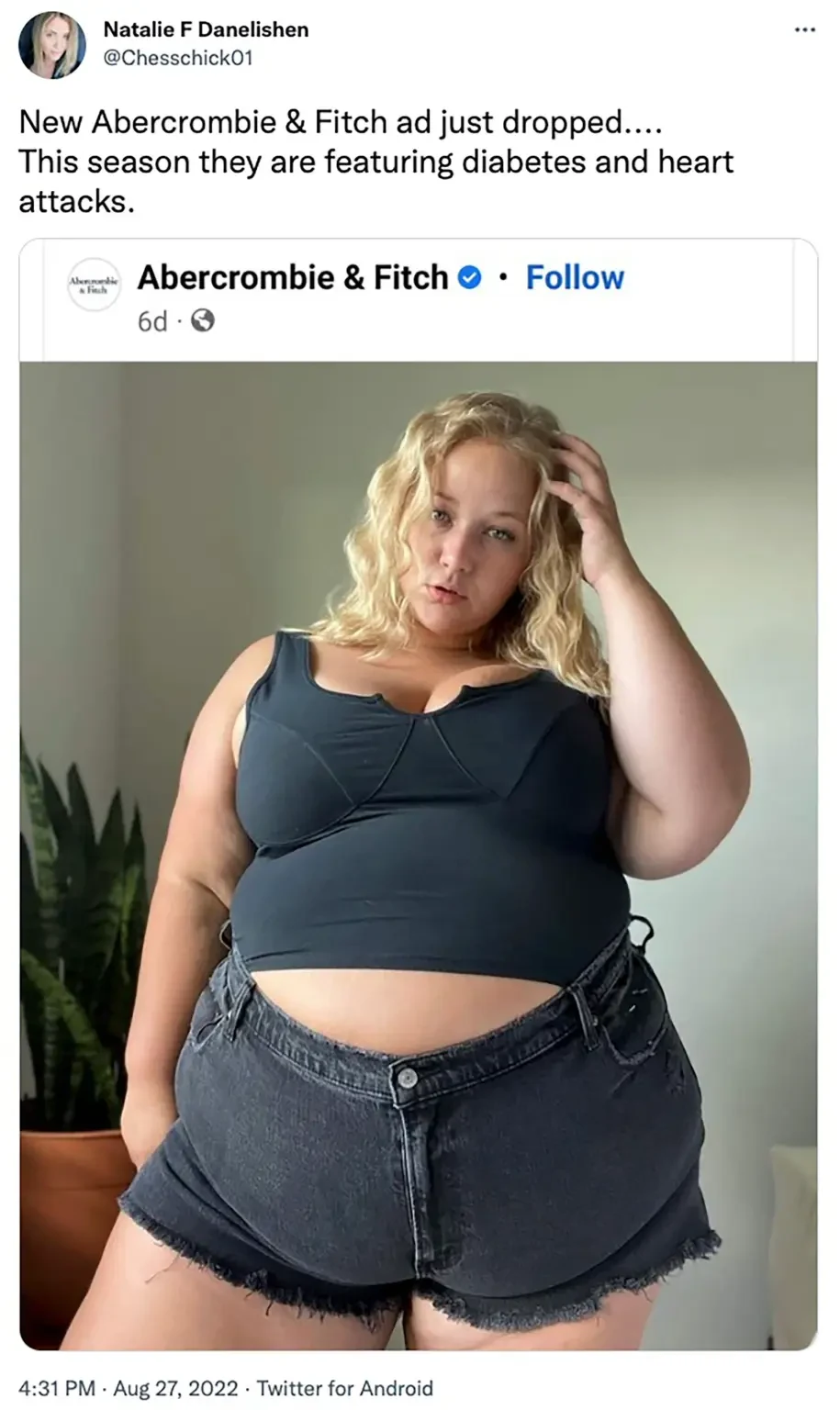
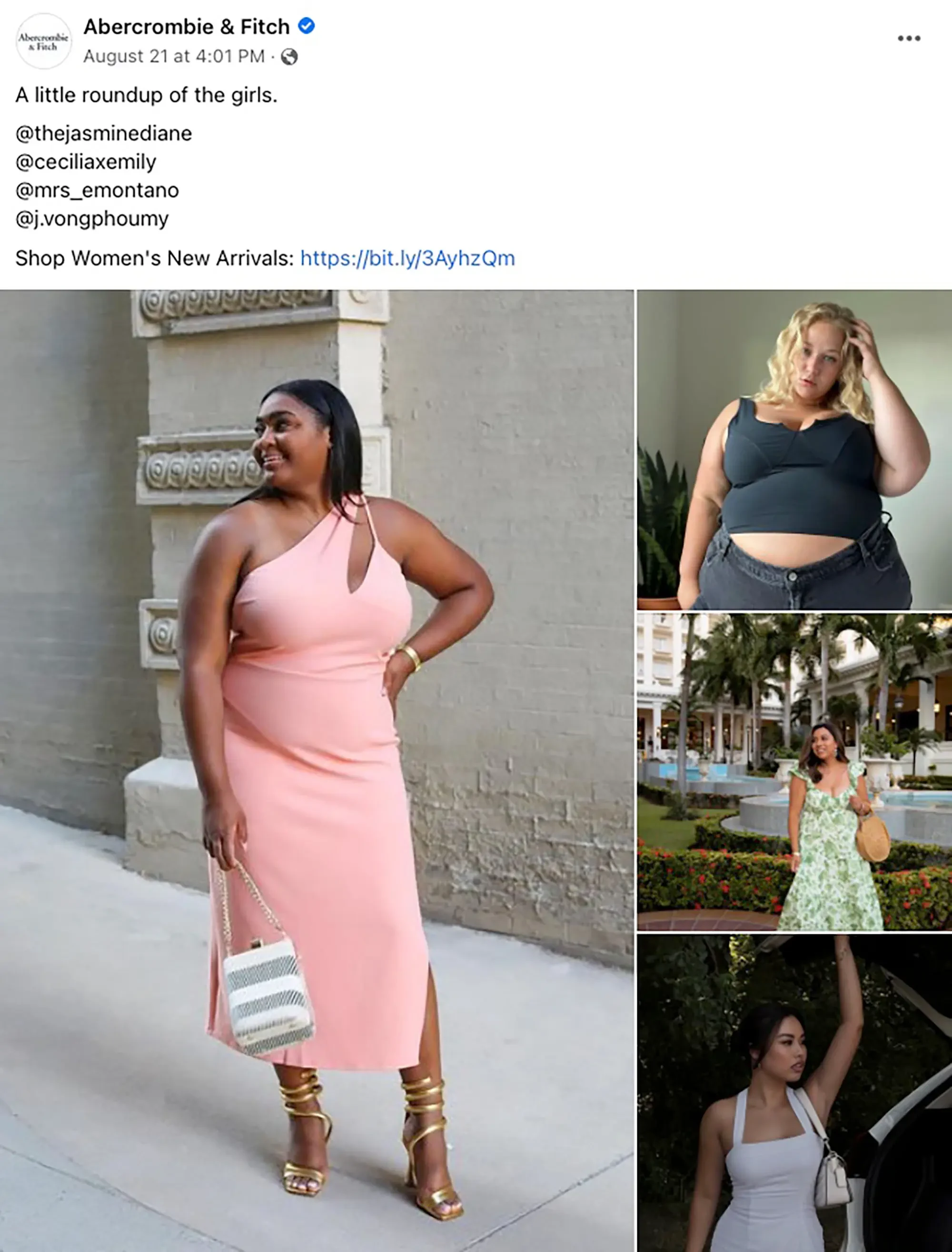



 waddles into a foam pit, gets stuck, fished out by multiple people
waddles into a foam pit, gets stuck, fished out by multiple people 


























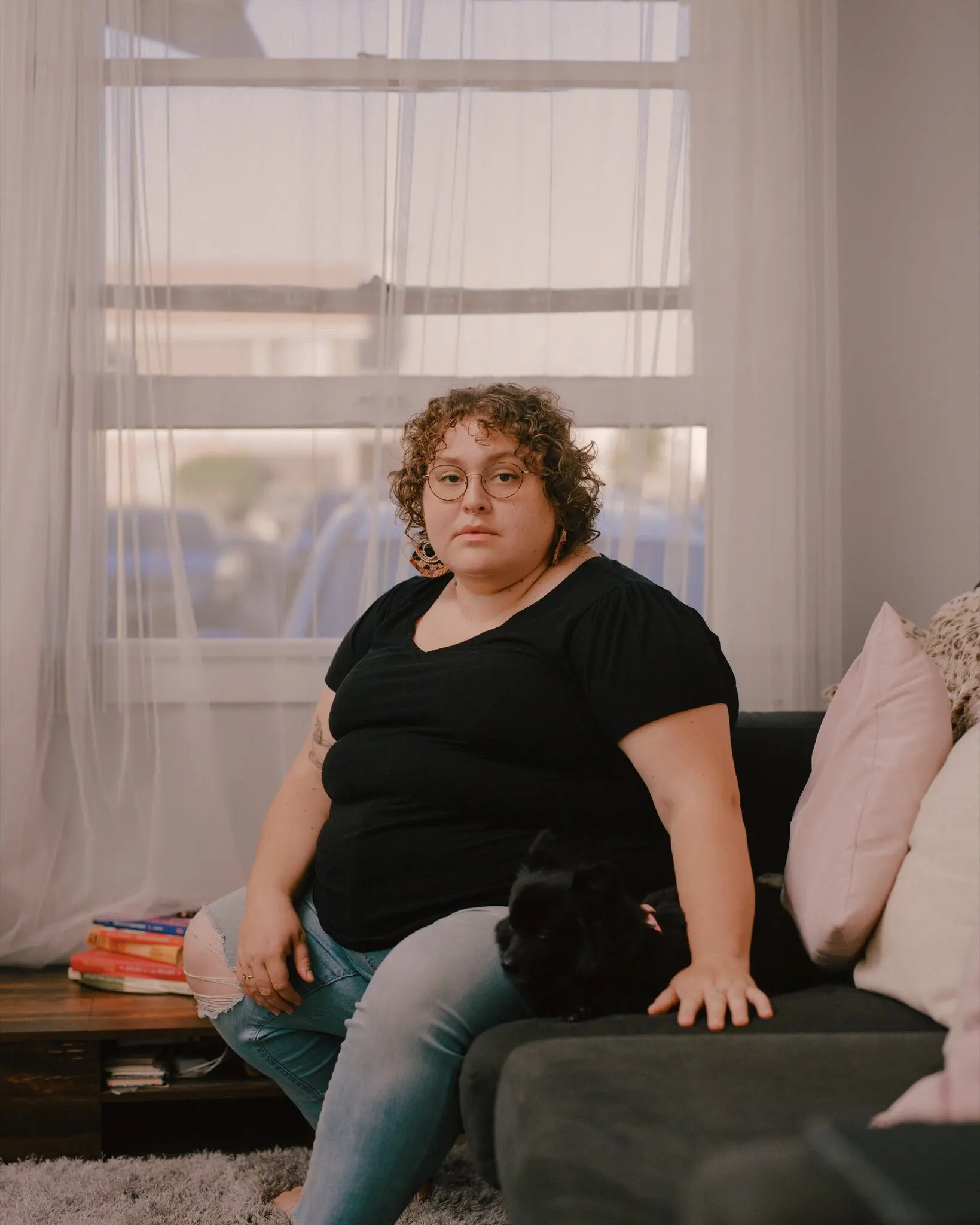](/images/16663604883204331.webp)
](/images/16663606658550692.webp)











](/images/16720011221982484.webp)
](/images/16720011827854562.webp)


.webp?x=8)
 accidentally shames
accidentally shames ](/images/16591943491833665.webp)
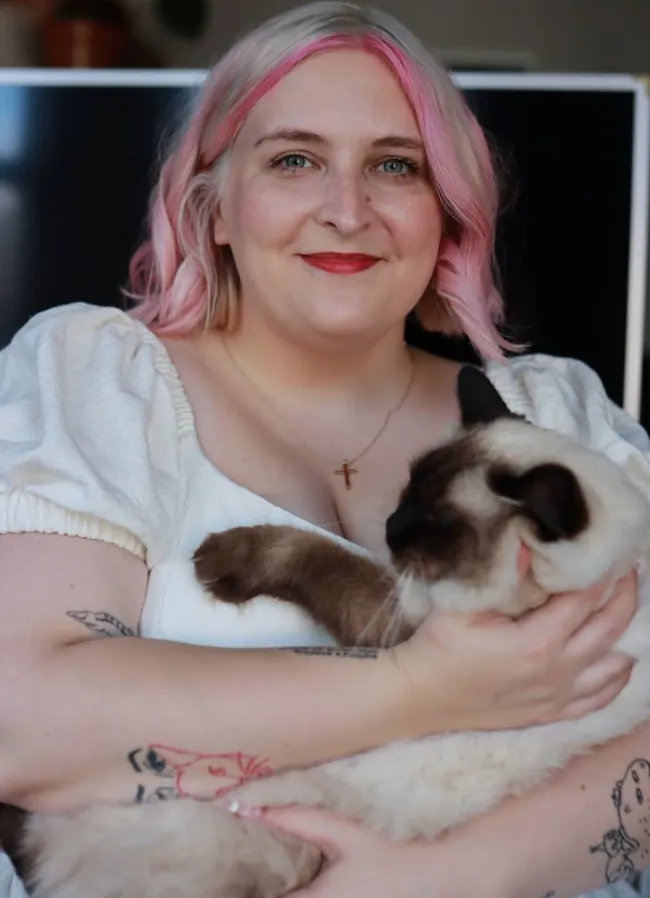](/images/1659194416367854.webp)
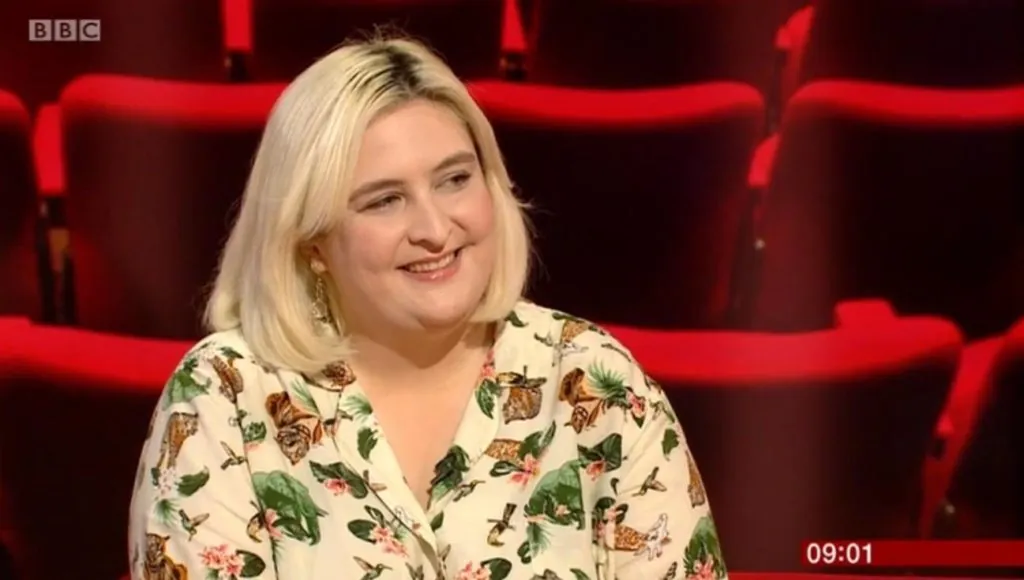](/images/16591944164988625.webp)














 Trans Species Okapi
Trans Species Okapi 



